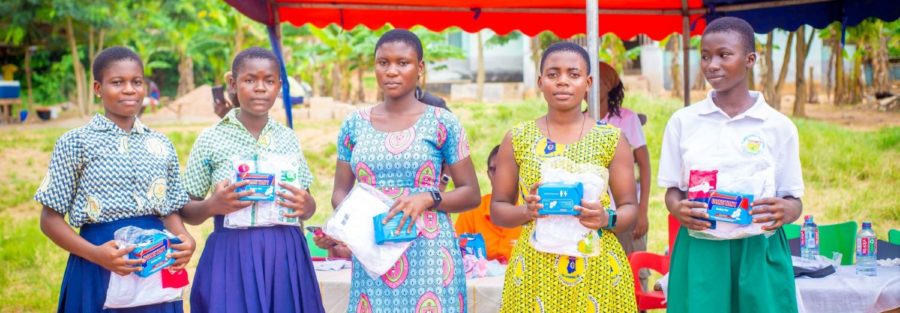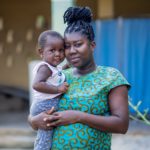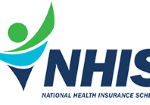In many parts of Ghana, the simple act of managing a menstrual period becomes a monthly struggle for countless adolescent girls. Whether in classrooms or at home, the challenge of accessing sanitary pads, safe washrooms, and supportive hygiene infrastructure remains a silent crisis, one that is quietly robbing girls of their dignity, health, and education.
The High Cost of Menstruation
Menstrual hygiene products, especially sanitary pads, are priced beyond the reach of many families. For girls in deprived communities and low-income households, the cost of a single pack of sanitary pads, now averaging between GHS 18 and GHS 25, makes it a luxury item. This has led to a heartbreaking reality where girls resort to improvised alternatives such as cloth, rags, or even toilet paper. These unsafe methods expose them to infections, stigma, and shame.
For out-of-school adolescent girls, the story is no different, perhaps even worse. Without access to institutional support or youth-friendly health corners, they are often left to manage menstruation on their own. The lack of affordability pushes some into transactional relationships or compromises that can have lifelong consequences.
The Ripple Effect on Education
For school-going girls, menstruation does not just interrupt learning; it undermines their entire educational journey. Many girls miss school during their periods due to a lack of sanitary pads or proper changing facilities. Others endure the discomfort of staying in class, afraid of leaks or ridicule. Over time, these recurring absences add up affecting academic performance and reinforcing harmful gender gaps in education.
A Timely Intervention: Free Sanitary Pad Policy
The proposed Free Sanitary Pad Policy holds immense promise. It does not only promise to give out pads, it will also restore dignity, health, and equity. When school-going girls are supplied with sanitary pads for free, they are empowered to attend class consistently, participate confidently, and stay in school.
But the benefits should not end at the school gates. Out-of-school girls, often the most vulnerable, must be included through community-based distribution models. Community health nurses, CHPS compounds, adolescent clubs, and local NGOs can serve as collection points for these girls. Policies must consider mobility, confidentiality, and inclusivity.
WASH in Schools: More Than a Pad
Menstrual hygiene goes beyond the pad itself. Girls need private, clean washrooms, changing rooms, and functional dustbins to dispose of used products safely. The absence of these basic facilities discourages girls from attending school during menstruation. Some schools share latrines between boys and girls with no doors, no privacy, and no water which is a daily ordeal.
Handwashing mechanisms are another missing piece. With limited access to clean water and soap in many schools, girls struggle to maintain hygiene. This exposes them to reproductive tract infections and embarrassments. The Free Pad Policy must go hand-in-hand with a robust WASH (Water, Sanitation, and Hygiene) improvement plan.
The Way Forward: Policy That Listens and Acts
We cannot allow menstruation to remain a barrier to education, health, and self-worth. The comprehensive Free Sanitary Pad Policy must:
- Ensure regular and sufficient supply of quality pads to both in-school and out-of-school girls.
- Establish strategic collection points: schools, CHPS zones, youth centers, and community hubs.
- Prioritize WASH infrastructure: build changing rooms, install bins, maintain clean toilets, and ensure water availability.
- Promote menstrual education for boys and girls to reduce stigma and misinformation.
- Strengthen collaboration between GHS, GES, civil society, and traditional leaders to monitor implementation and feedback.
Menstruation should never be a source of shame. It should never cost a girl her education. It should never be the reason a girl feels unsafe, unclean, or unheard.
We urge policymakers, Ghana Health Service, and Ghana Education Service to move swiftly and boldly. Let us make menstrual equity a reality not just a promise. The future of our girls depends on it.



